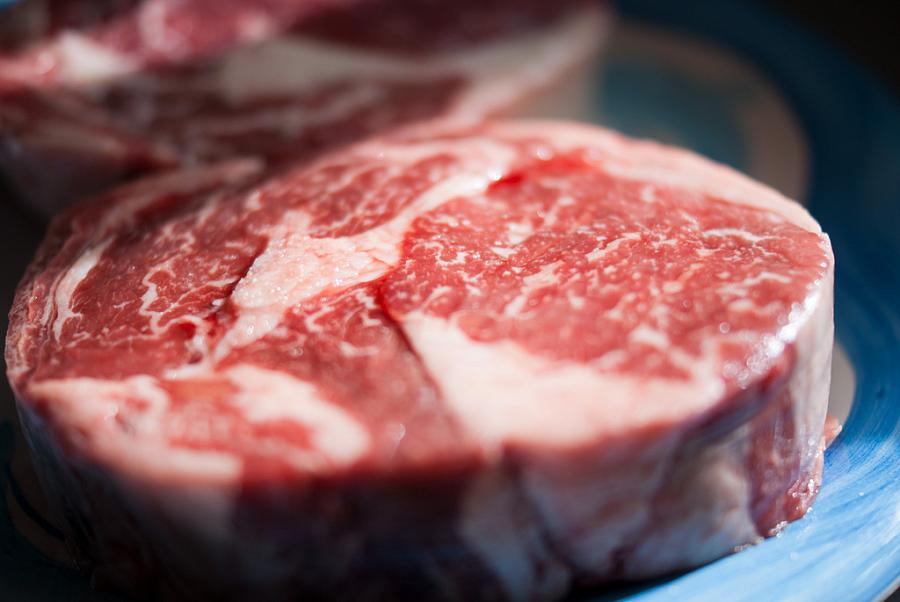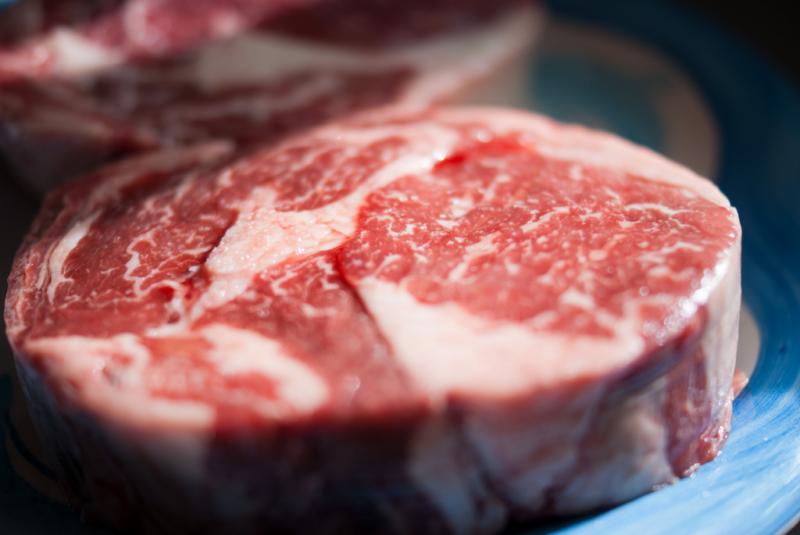Critics: Study Linking Red Meat To Earlier Death Is Bad Science

 Drop that T-bone! Or should you?
Drop that T-bone! Or should you?
A long-term study of more than 110,000 adults found that routinely eating even small quantities of red meat increased the risk of dying early, Eryn Brown reports for the Los Angeles Times. Researchers from the Harvard School of Public Health found that adding just three ounces of unprocessed red meat, like steak, to your daily diet can raise mortality rates by 13 percent. Processed meat, like hot dogs, is worse.
Brown writes:
Previous studies had associated red meat consumption with diabetes, heart disease and cancer, all of which can be fatal. Scientists aren't sure exactly what makes red meat so dangerous, but the suspects include the iron and saturated fat in beef, pork and lamb, the nitrates used to preserve them, and the chemicals created by high-temperature cooking.
Enter the critics: University of Massachussets epidemiology professor Marya Zilberberg unpacks the data and finds that the absolute risk of death from eating red meat daily is vanishingly small: "I am far more likely to die next time I get into my car than from eating burgers, even if I do indulge in one a couple of times per week," she writes. Zoë Harcombe offers a similar critique at her obesity blog.
Related Posts:
At the next pharma love fest, spend some time with absolute risk
Danger! Writing about relative risks can lead your readers astray
Want more from Reporting on Health? Join us, sign up for our newsletter, like us on Facebook or follow us on Twitter. Check out our Tumblr, too!
Photo credit: Taryn via Flickr
